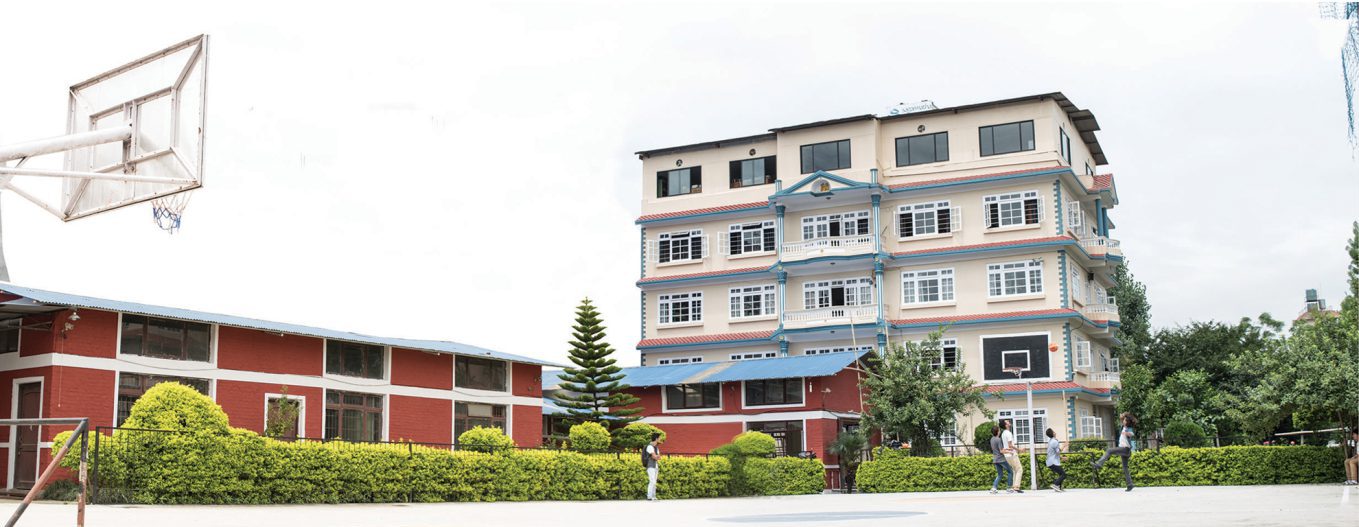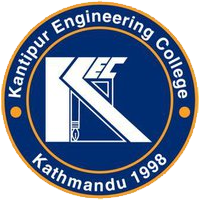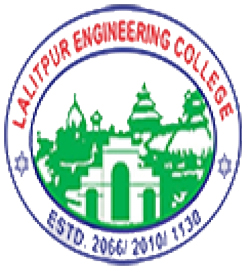Overview
Bachelor of Civil Engineering (BE Civil) at Sagarmatha Engineering College, Sanepa, Lalitpur
The Bachelor of Civil Engineering (BE Civil) program at Sagarmatha Engineering College, located in Sanepa, Lalitpur, is affiliated with the Institute of Engineering (IoE), Tribhuvan University. This undergraduate course is designed for students who wish to explore the principles and applications of civil engineering in both national and global contexts.
With an intake capacity of 48 students annually, the program blends theoretical instruction with practical exposure to address the challenges of infrastructure development, environmental planning, and urban design.
Civil Engineering is one of the oldest and most vital branches of engineering. It covers many projects, including roads, bridges, buildings, water supply systems, and transportation networks.
This course prepares students to understand, analyze, and solve real-world engineering problems through scientific reasoning, mathematical tools, and applied technologies.

Curriculum Details
The course is delivered over eight semesters (four years) and includes both foundational and advanced engineering subjects:
Core Subjects:
-
Engineering Mathematics I-IV
-
Engineering Drawing
-
Strength of Materials
-
Surveying I & II
-
Fluid Mechanics
-
Structural Analysis
-
Soil Mechanics
-
Building Technology
-
Design of RCC and Steel Structures
-
Water Supply Engineering
-
Transportation Engineering
-
Hydropower Engineering
-
Engineering Hydrology
-
Environmental Engineering
Laboratory Components:
-
Structural Lab
-
Soil Mechanics Lab
-
Hydraulics Lab
-
Environmental Lab
-
Surveying Practice
Project and Field Work:
-
Field visits to construction sites
-
Mini projects and term papers
-
Final year capstone project
Objectives
The course aims to:
-
Build a strong foundation in civil engineering principles and practices
-
Prepare students to design, plan, and manage infrastructure projects
-
Encourage the use of sustainable materials and techniques in engineering solutions
-
Promote critical thinking, collaboration, and problem-solving in technical settings
-
Provide exposure to national construction codes and international design standards
Scope
Civil engineering graduates are in demand across various sectors. The scope is diverse and evolving, from designing roads and bridges to managing water resources and constructing urban infrastructure.
The degree offers flexibility for roles in government departments, construction firms, environmental consultancies, and international NGOs involved in development work.
Learning Outcomes
Upon completion of this program, students will be able to:
-
Apply core scientific and mathematical principles to civil engineering problems
-
Design structures that meet safety, functionality, and environmental guidelines
-
Use engineering software and tools for drafting, analysis, and simulation
-
Conduct field surveys and site investigations with accuracy and professionalism
-
Assess the environmental impacts of engineering projects
-
Work effectively as part of multidisciplinary teams
Skill Development Modules
Students develop practical and technical skills in:
-
Structural Design and Analysis
-
Engineering Drawing (AutoCAD, Civil 3D)
-
Geographic Information Systems (GIS)
-
Hydraulics and Fluid Modeling
-
Environmental Testing and Quality Control
-
Project Management and Cost Estimation
Workshops and guest lectures from professionals further enhance their knowledge base and industry readiness.
Teaching Methodology
The course delivery is based on a student-centered learning approach. Instruction is supported by:
-
Lectures and tutorials
-
Practical lab work and demonstrations
-
Seminars and guest lectures by practicing engineers
-
Site visits to construction and development projects
-
Project-based assessments and group assignments
Assessment includes midterm exams, practical evaluations, oral presentations, and final exams.
Admission Requirements
Applicants must:
-
Complete 10+2 Science with at least a 'C' grade in Physics, Chemistry, and Mathematics (200 marks), or
-
Hold a 3-year diploma in Engineering with at least 45% aggregate
-
Pass the entrance examination conducted by the Institute of Engineering (IoE)
Admission is based on merit, which is determined by the entrance exam score and academic performance.
Career Opportunities
Graduates from this program pursue careers in:
-
Government infrastructure departments
-
Civil and structural engineering firms
-
Hydropower and irrigation projects
-
Urban planning and development authorities
-
Environmental and geotechnical consultancies
Many alumni also choose to continue with postgraduate studies or professional civil or structural engineering certifications.
Scholarships and Financial Aid
Sagarmatha Engineering College provides financial assistance through:
-
IoE-mandated scholarships for top entrance rank holders (10% quota)
-
Admission fee concessions for female students
-
Scholarships for academic excellence (district or +2 college toppers)
These opportunities make the program more inclusive for high-achieving and motivated students.
Why Choose This Course?
The Civil Engineering program at Sagarmatha offers a balance of conceptual learning and field exposure. Students are trained to respond to real construction, water management, transportation, and environmental engineering challenges.
The college's resources—experienced faculty, lab facilities, and access to development projects—create a strong platform for academic and professional growth.
Conclusion
The Bachelor of Civil Engineering at Sagarmatha Engineering College prepares students to address critical infrastructure needs competently and responsibly. With a curriculum combining scientific theory, hands-on practice, and ethical thinking, the course equips students to contribute meaningfully to Nepal’s development and beyond. The program is a solid choice for engineering students seeking knowledge and purpose.
Contact Sagarmatha Engineering College's administrative office for detailed information on the BE Civil course, including fees, scholarships, facilities, counseling, eligibility criteria, etc.


.png)




















